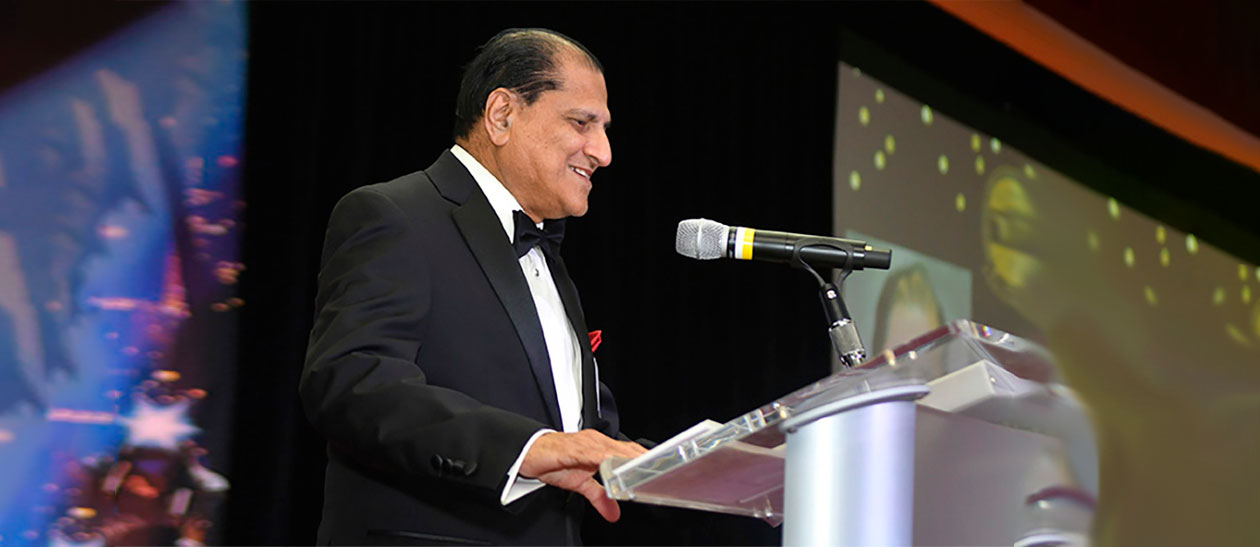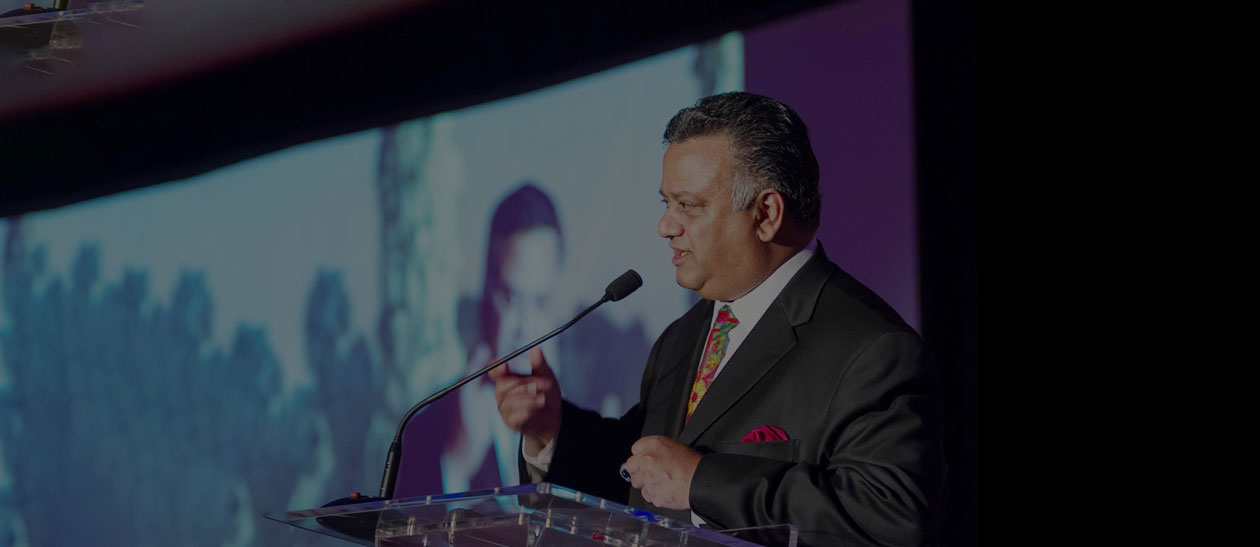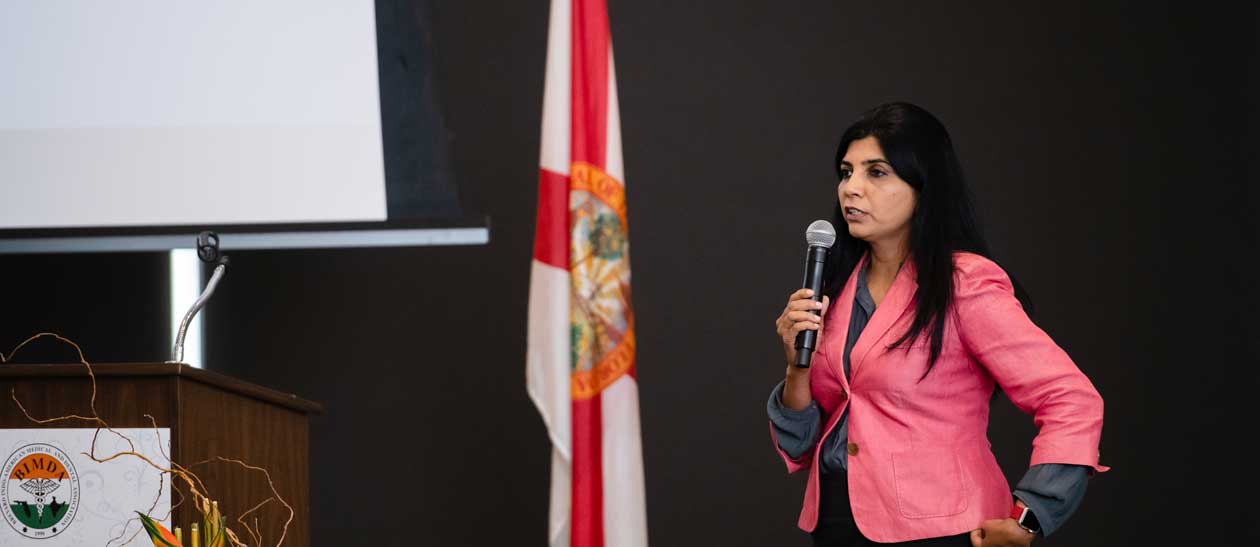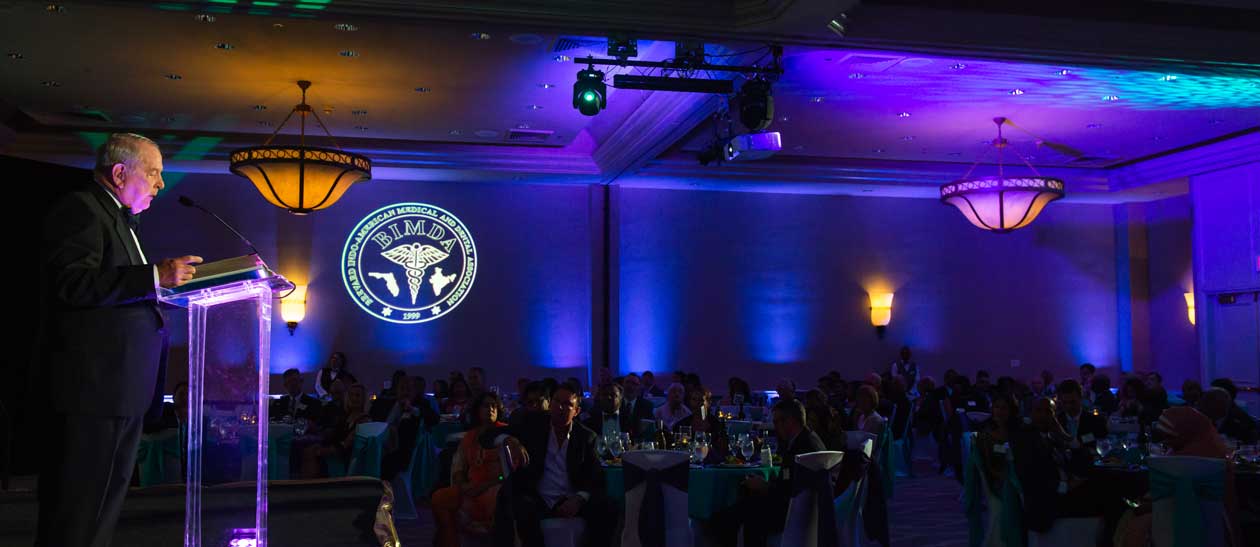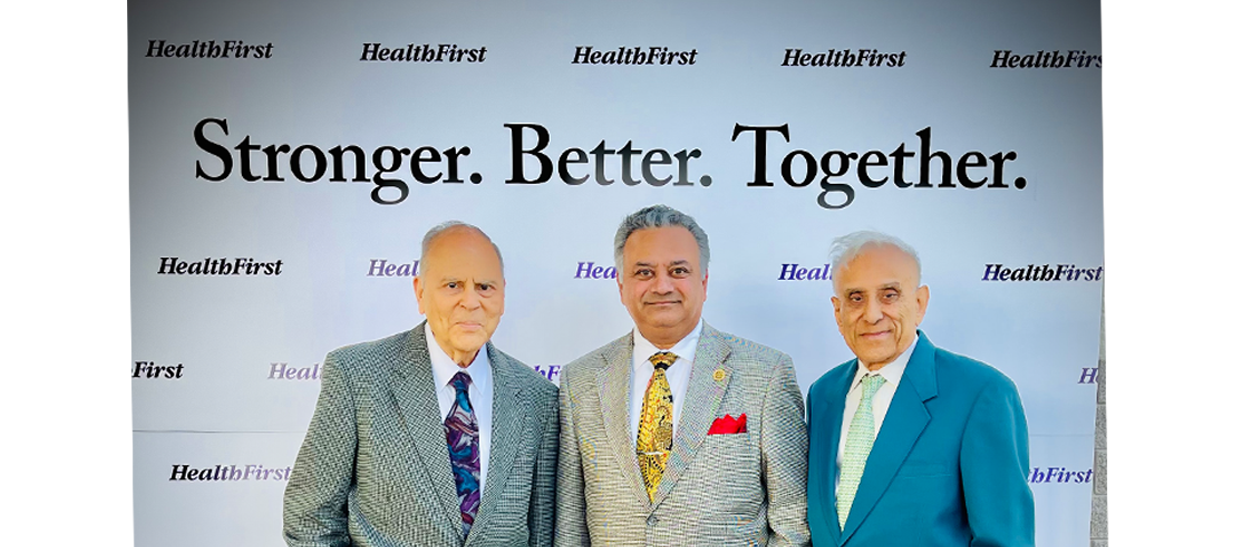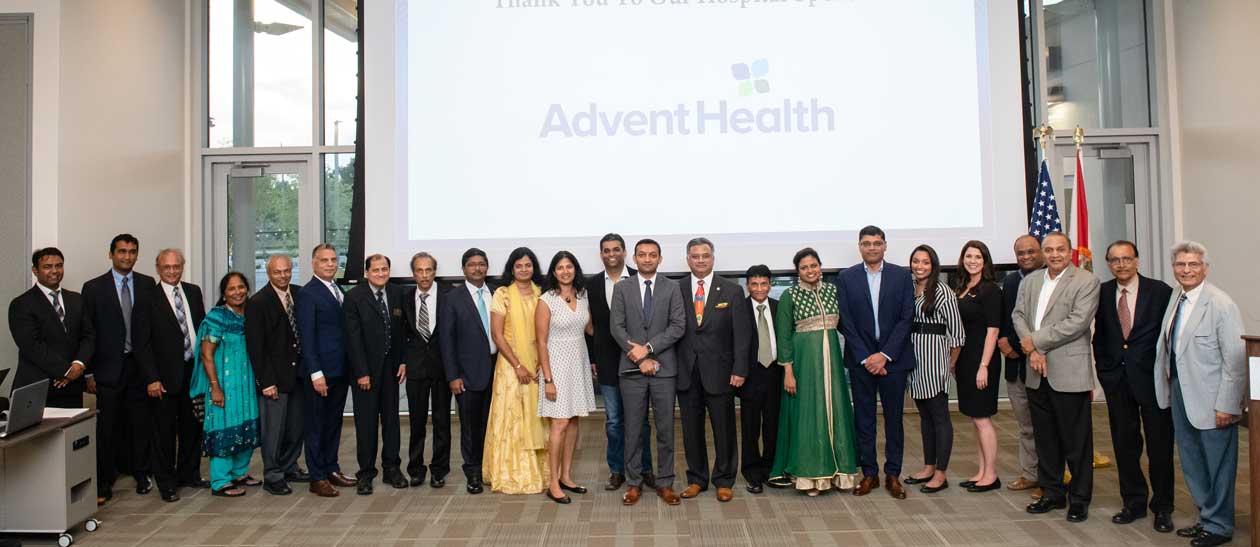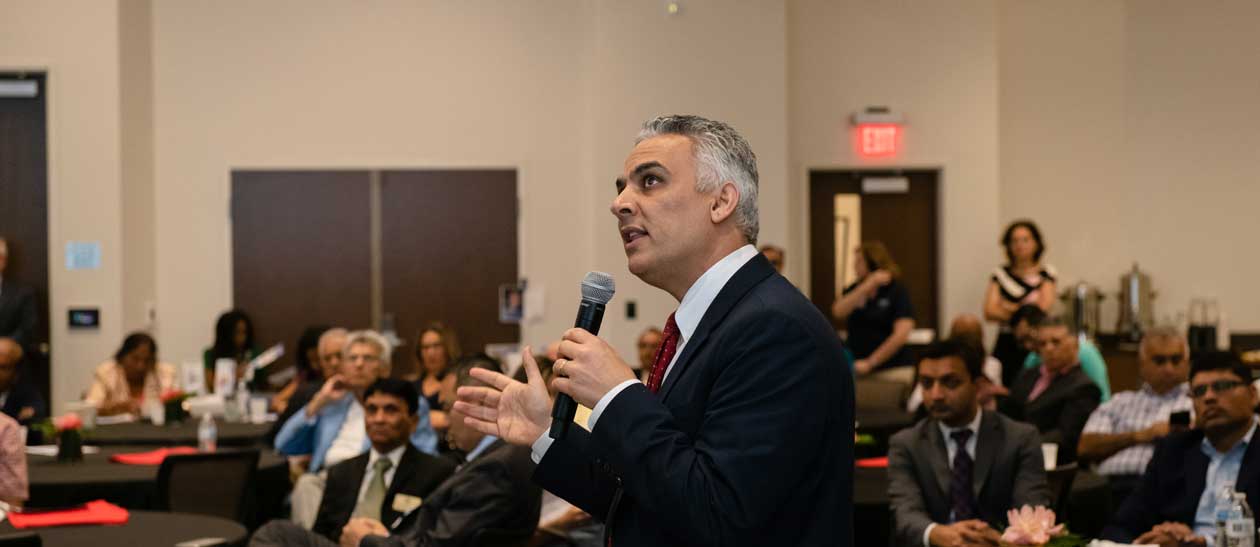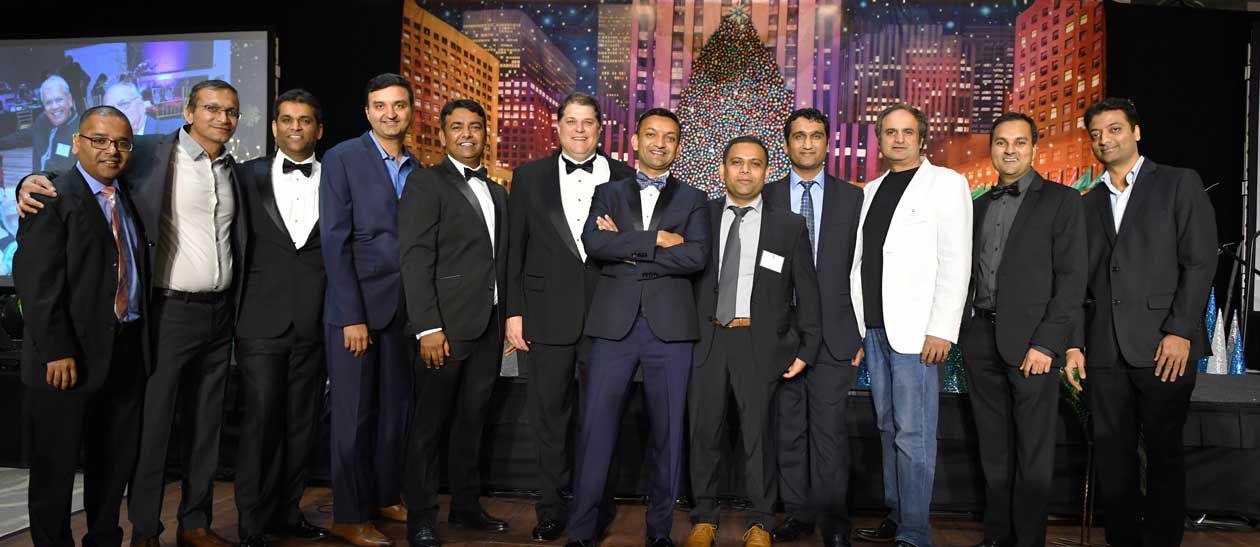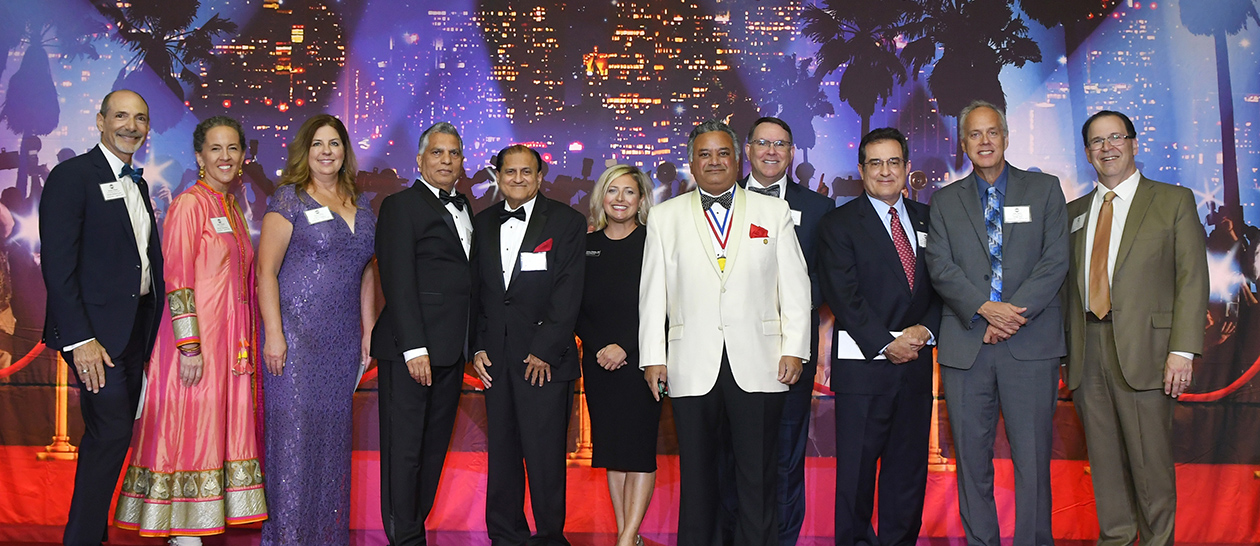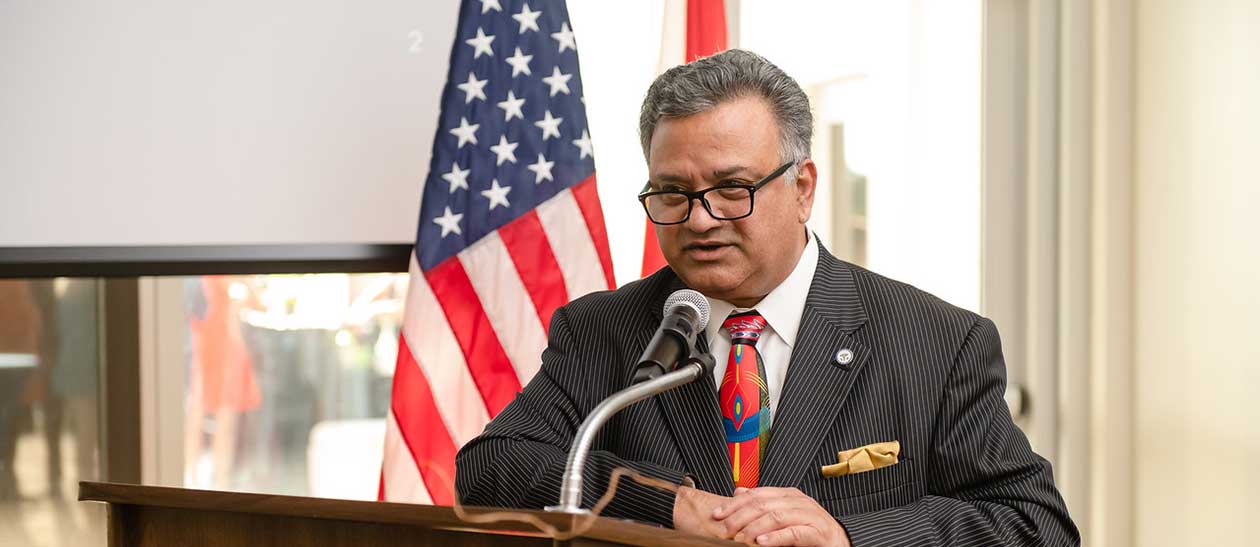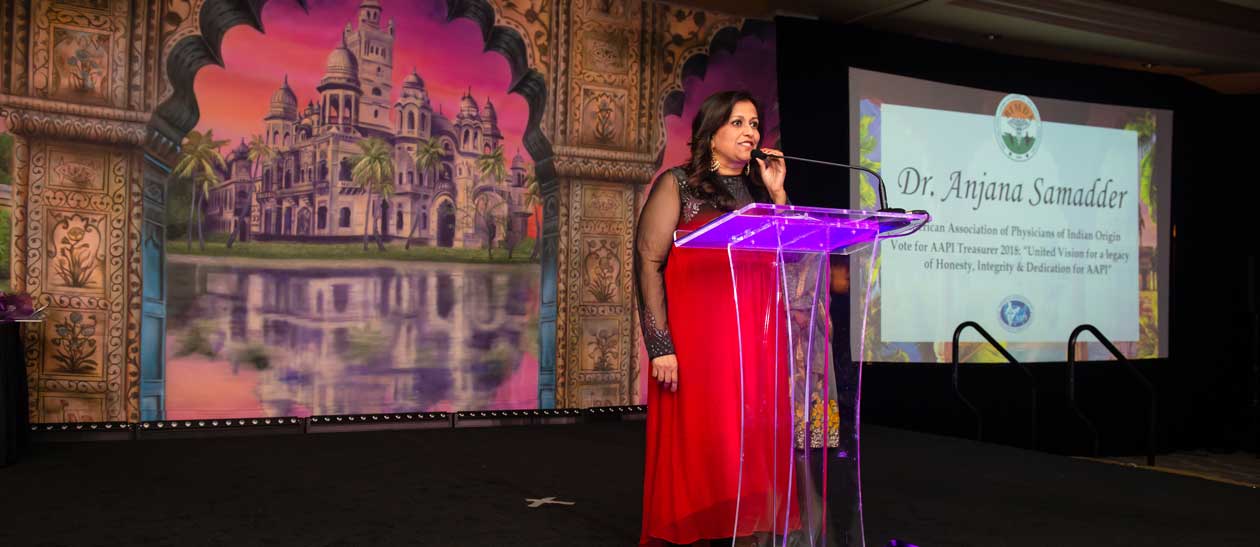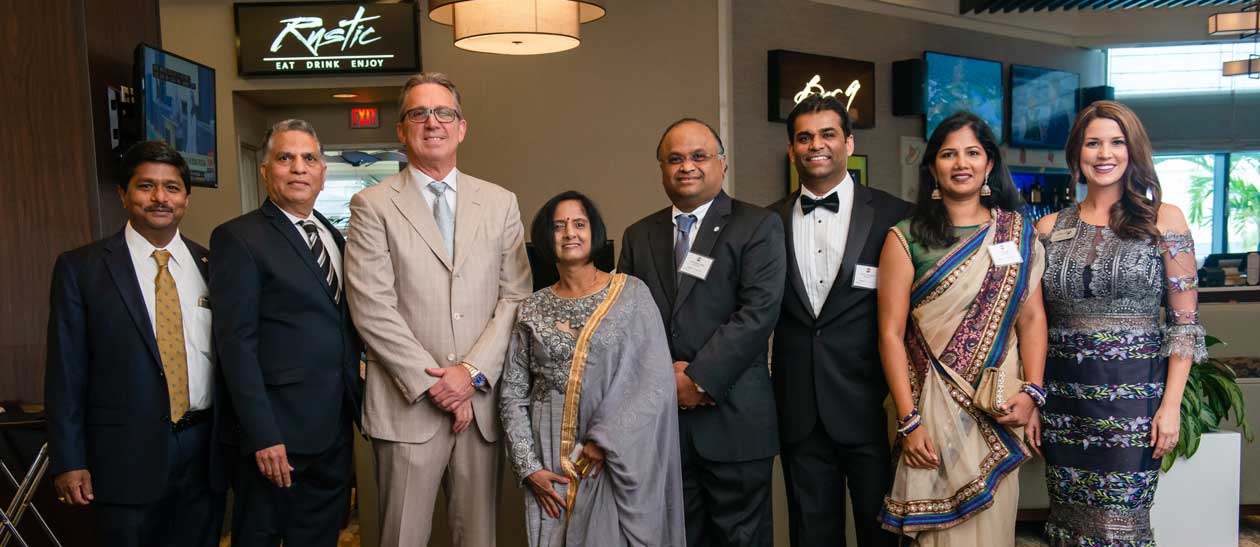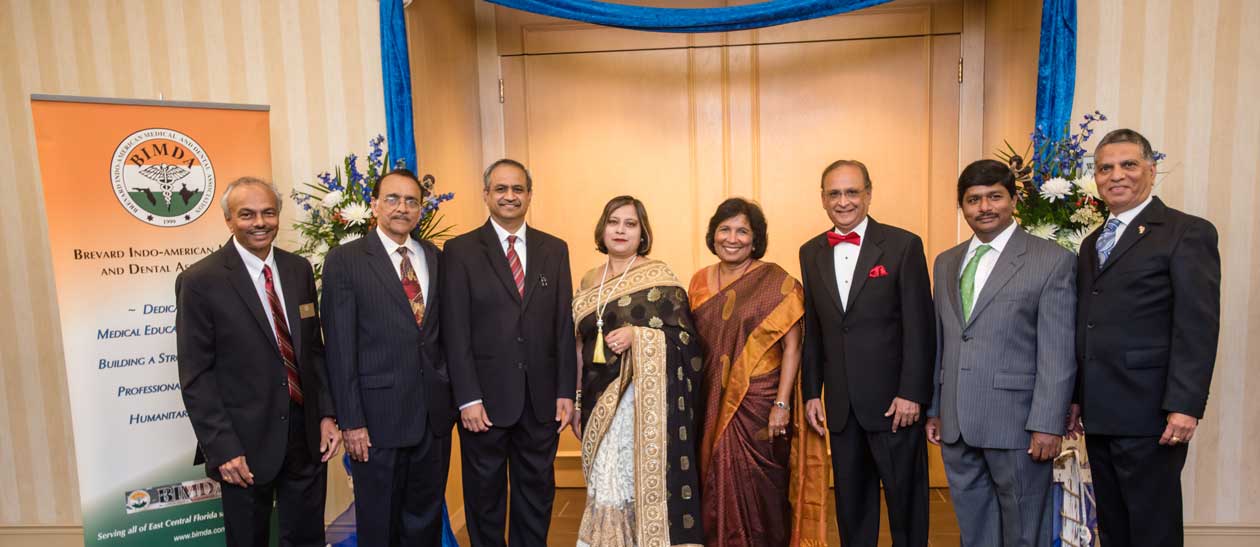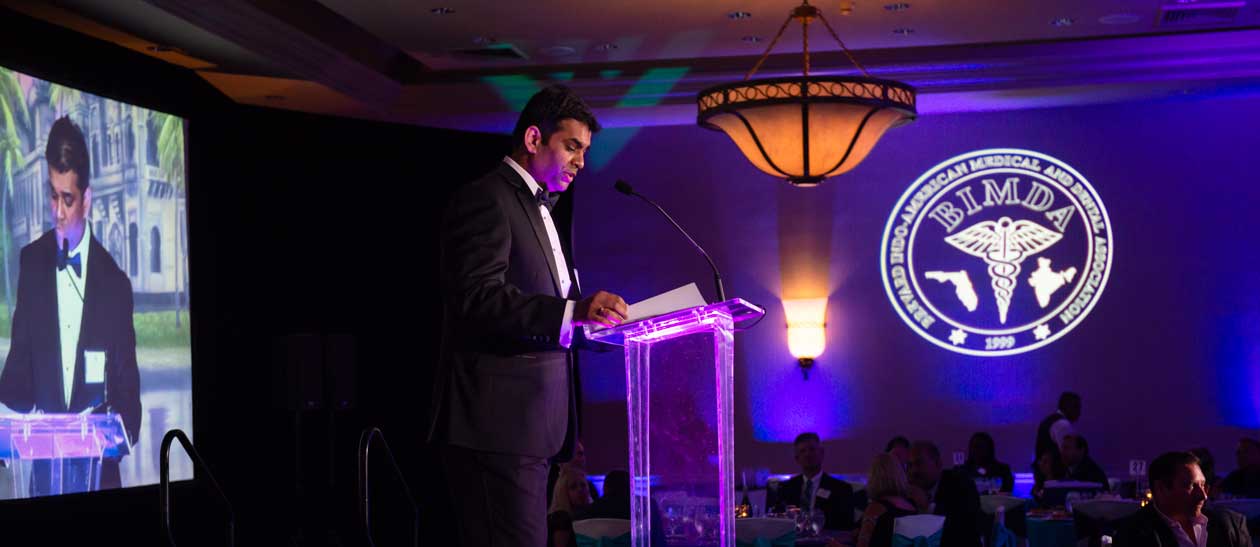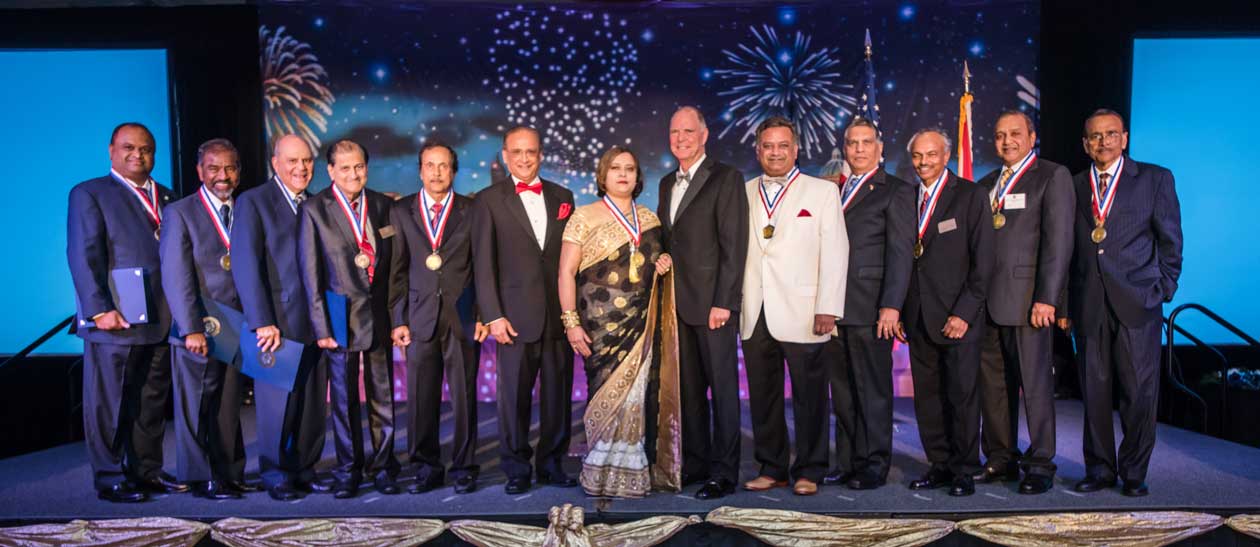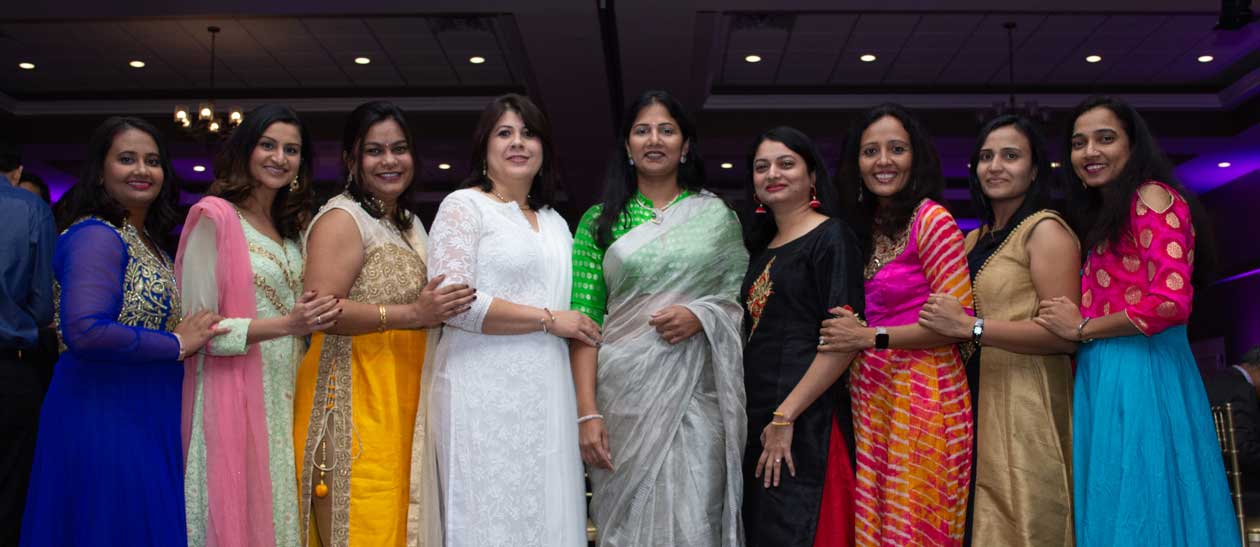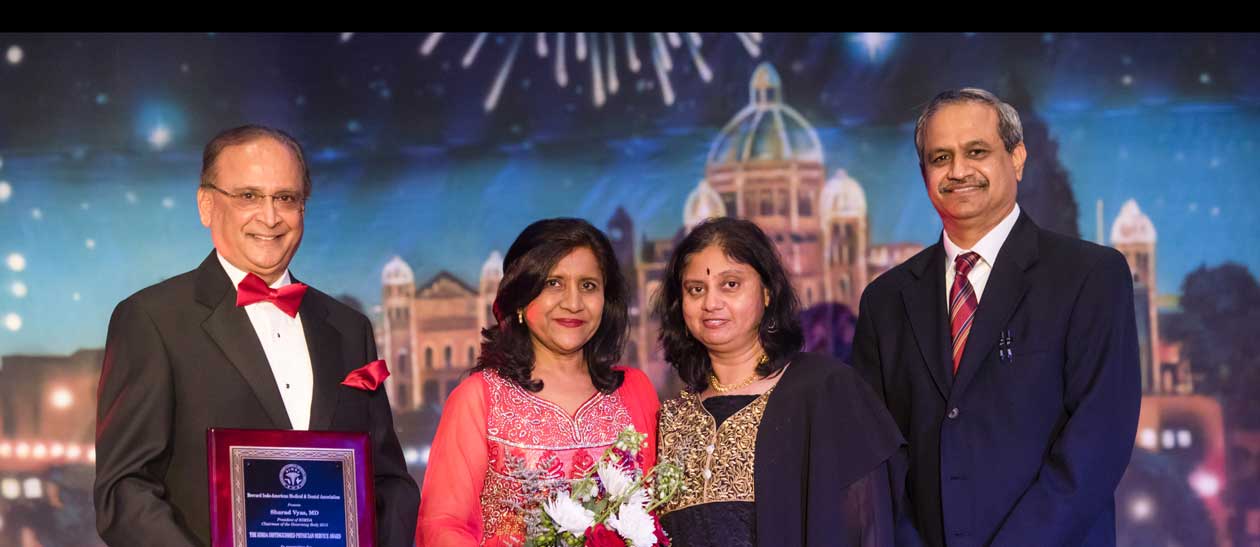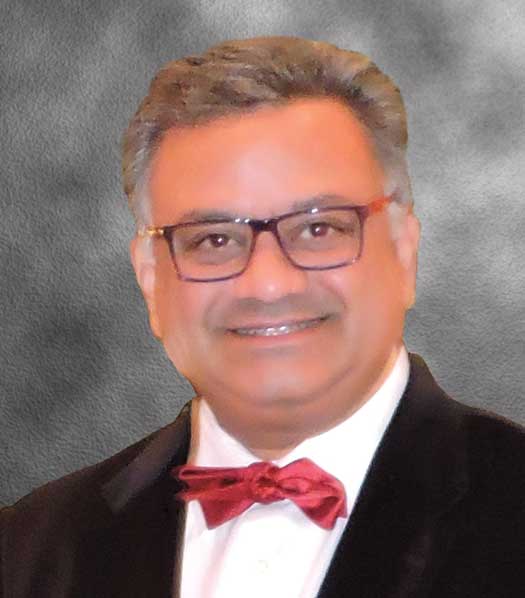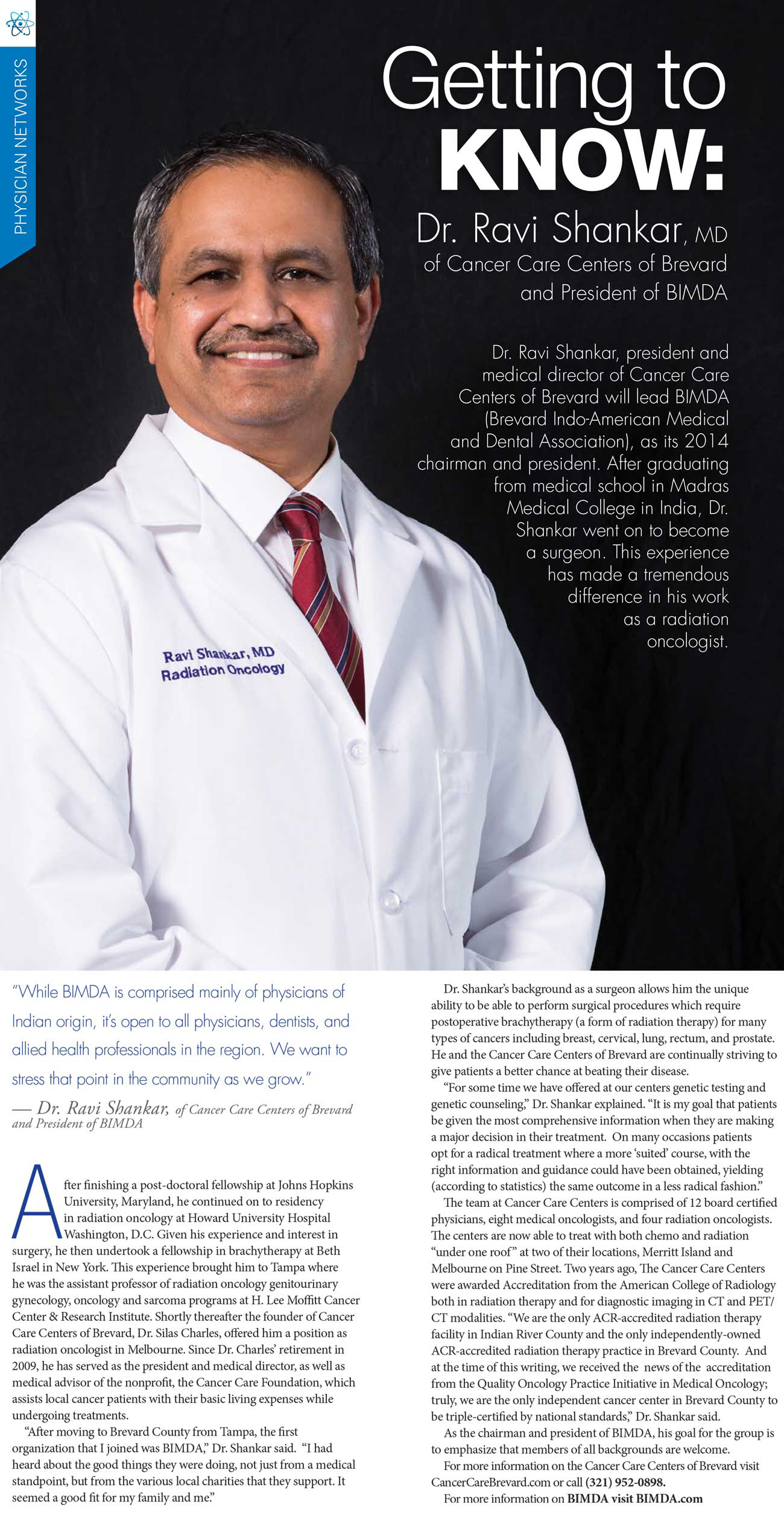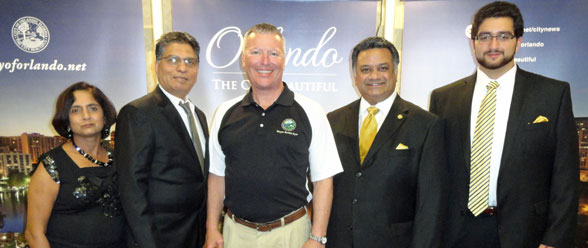 |
|
Gobi Balaji is an internist specializing in the
treatment of hypertension.
/ George White/FOR FLORIDA TODAY
Written by
George White
For FLORIDA TODAY
|
Specializing in the treatment of hypertension, or high blood pressure, gives internal medicine Dr. Gobi Balaji a chance to use the big picture for more efficient patient care.
“Hypertension is a speciality where you have multiple specialists involved,” he said. “You have nephrologists, endocrinologists, cardiologists. That is the reason having a hypertension specialist like me will be helpful to putting the care together.
“If you go to the heart doctor, he looks at just heart. If you go to a kidney doctor, he looks at your kidneys. If you go to an interest or family practice doctor, he looks at the patient overall and how he fits in with the family.”
Adding that to years of understanding family medical history and habits often gives Balaji the information needed for the best possible outcome, he said.
“We know the whole family. We see them during health and in sickness. We know the patient. We know their family. It’s personalized medical care. It’s continuing medical care, and I like the variety,” he said.
Balaji talked about his career and advancements on the horizon in the treatment of hypertension.
QUESTION: Did you always expect to become a doctor?
Balaji: Yes, since I was a kid. You can help people and become part of the family.
Q:What are your areas of interest within internal medicine?
Balaji: Hypertension and chloresterol disorders. High blood pressure puts you at high risk for having heart attack, stroke, dialysis and amputations. Most of the people work very hard to have a good retired life. It makes your quality of life worse if you don’t handle your blood pressue.
Q:What is one of the first symptoms of high blood pressure?
Balaji: It’s the silent killer. You may not have any symptoms. That is the reason we encourage people to check their blood pressures to see what their risk is. Everyone with high blood pressure is scared about the fear of the unknown. They need to know that we have a team waiting for them: the doctor, nurse and staff. We all work together.
The most important person on the team is the patient and the family. It’s nice to have an extra set of ears to listen (to the medical advice). What happens is that when only the patient comes in, the conversation on things like “don’t eat much salt” dies down. If they bring their significant other with them, the conversation we had in the office goes on.
Q:Is there any more importance for the top and bottom numbers in a blood pressure reading?
Balaji: They used to think that the bottom number was the most important until they did a study on it and they found that patients with high top numbers had problems as well. Pumping is the systolic. Diastolic is at rest.
Q:What are some of the medical advances concerning high blood pressure?
Balaji: There are new medications, and now we’re even talking about surgical therapy for hypertension. When we first started, there were drugs that were very crude with a lot of side effects. Now, we have more effective drugs with almost no side effects.
Q:Why did you choose hypertension as a subspecialty?
Balaji: I’ve always focused on preventive cardiology. I learned more about hypertension, and my mentors suggested that I specialize in it. It’s a rigorous exam. Later, I was involved in doing research, and now I give patient talks at least once of month, and I’m a fellow of the American Society of Hypertension.
Q:Of the innovations and changes during your career, which has had the biggest impact on patient outcomes?
Balaji: More communication nowadays has been most important between the physican and the patient, and patient and the provider, through electronic medical records. Patients, when they leave my office, they get a list of medications and a summary of the visit to better understand how to stay compliant. It’s coordination of care. Lots of things have been added in medicine (diagnostics, better procedures), but they all would be meaningless if we don’t have integration.
Q:What advice do you give most often concerning diet?
Balaji: We try to tell them to avoid salt, and most of it comes from preprocessed food, canned tomatoes and all of those things. I tell my patients to have no more than 2 grams (2,000 mg) per day. It’s best to eat fresh fruits and vegetable.
Q:What advice do you give for overall health?
Balaji: It’s the same thing that our grandparents told us: eat right, don’t smoke, don’t use alcohol and have good thoughts in life, and you will live long. It’s still the same. They try to make the practice of medicine much more complicated than that, but it’s not.
Q:What is your favorite part of your job?
Balaji: Getting to know the patients. For example, I had a patient (who was a) World War II veteran who formerly served on submarines.
Q:What is difficult?
Balaji: When you see a patient who could do a lot better and they’re not doing well, and they leave upset. If they pass away, you miss them because they are nice people.
Original article by Florida Today



